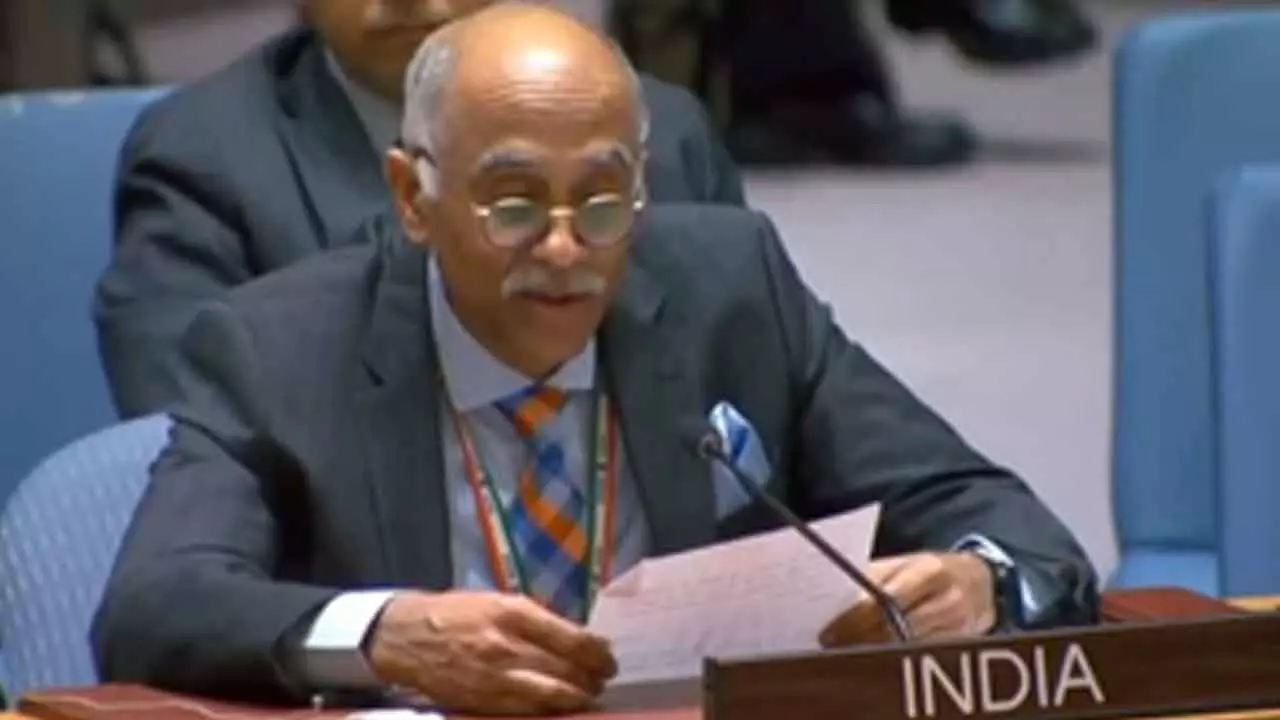Live
- WPL 2025: Chenille Henry slams fastest fifty of the event, takes UPW to 177/9
- Booking CEO Anticipates Strong Travel Demand Despite Rising Prices
- Chhaava Box Office Collection Day 8: Vicky Kaushal’s Film Surpasses Uri to Become His Biggest Hit
- iOS 18.4 Update: Apple Introduces Priority Notifications and Enhanced Apple Intelligence Features
- Jitan Ram Manjhi welcomes Nitish Kumar’s son Nishant into politics
- Kash Patel, New FBI Director, Criticizes Foreign Media's Ayodhya Ram Temple Coverage and Supports Modi Government
- Hamas Releases Final Israeli Hostage Under Ceasefire Deal
- PM Kisan Samman Nidhi scheme: A game changer for farmers in Chhattisgarh’s Balod
- Aviation Minister directs Air India to take necessary action over Shivraj Singh Chouhan’s complaint
- SEBI fines Axis Securities Rs 10 lakh for violating stockbroker rules






